Chasing auxin through the plant – international collaboration leads to Nature paper – by Anthony Bishopp
November 23, 2020
Photo (right) by Rita Astrovich on Unsplash Anthony Bishopp is a Royal Society University Research Fellow, Faculty of Science, University of Nottingham When Charles Darwin noticed that plants bend towards light, he performed a series of experiments showing that a mobile signal produced in the growing tip caused the plants to bend at the base. 160 years …
Humanity’s impact on earth – An interview with Matt Jones
November 20, 2020
Professor Matthew Jones is leading the Palaeobenchmarking Resilient Agricultural Systems (PalaeoRAS) project. He is based in the School of Geography. Tell me about your work. What do you study? I’m a Quaternary Scientist, a geologist with a particular interest in the last 2.5 million years of Earth’s history (the Quaternary Period). My own work focusses on the last 20,000 years, the time period since …
The real arsenate reductase stands up! – Is this the end of the HAC story?
November 19, 2020
Warning: this blog contains some hardcore plant science. Look away now if this is a bit much! This blog celebrates the publication in the Journal of Experimental Botany of a new paper about arsenate reductase in plants. Dr. Sina Fischer of the Future Food Beacon is the first author on the study and performed much of the work, assisted by a number of co-authors. including Dr Paulina Flis who leads Prof. Salt’s Ionomics Facility. Prof. David E. …
Screening heat tolerance in rice plants – An interview with John Ferguson
November 17, 2020
Photo by marianne bos on Unsplash John Ferguson is a postdoctoral research fellow on the Palaeobenchmarking Resilient Agricultural Systems (PalaeoRAS) project Tell me about your work. What do you study? I am plant ecophysiologist. I perform experiments to understand how plants respond to environment stress. We use the results from these experiments to link variation in the plant’s responses to genetic variation. This …
Reconstructing the ecosystems of the past – An interview with Annegreet Veeken
November 12, 2020
Annegreet Veeken is a PhD student on the Palaeobenchmarking Resilient Agricultural Systems (PalaeoRAS) project Why did you decide to do a PhD? What were you doing before? I had a year between ending my masters and starting my PhD. During that year, I worked part-time at a Dutch environmental NGO as a project assistant in water quality and …
How do plant roots respond to higher temperatures? – An interview with Aneesh Lale
November 9, 2020
Aneesh Lale is a PhD student on the Palaeobenchmarking Resilient Agricultural Systems (PalaeoRAS) project Why did you decide to do a PhD? What were you doing before? My father, having never found the time to complete his post-graduation, always encouraged me to learn as much as possible. My inquisitive nature, in addition to ample support from my parents, made a PhD …
Modelling ancient Mayan farming – An interview with Rik Rutjens
November 5, 2020
Rik Rutjens is a PhD candidate with the Palaeobenchmarking Resilient Agricultural Systems (PalaeoRAS) project. Photo (right) by Karla Hernandez-Aguilar Why did you decide to do a PhD? What were you doing before? After completing my undergraduate and masters degrees at Eindhoven University of Technology in the Netherlands, I could not decide which path to take for my future: research or industry? Eventually, a research internship at San Diego …
Computer Vision and plants – An interview with Bowen Deng
November 2, 2020
Bowen Deng is a PhD student on the Palaeobenchmarking Resilient Agricultural Systems (PalaeoRAS) project Why did you decide to do a PhD? What were you doing before? All my life, I have had a fascination with computing and technology. I have always enjoyed keeping pace with the latest advances in technology and have remained amazed at the speed of computerized developments over …

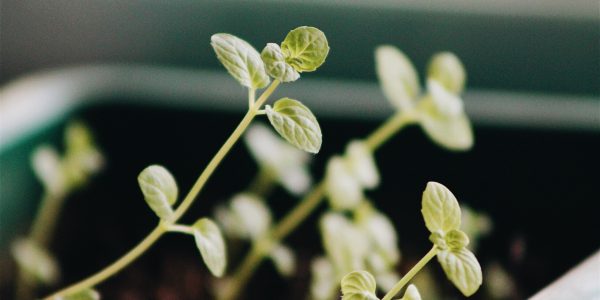
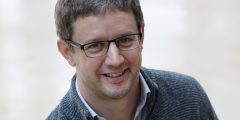
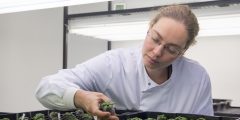
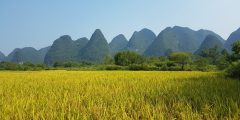

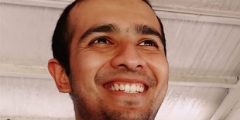
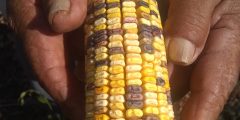

Recent Comments